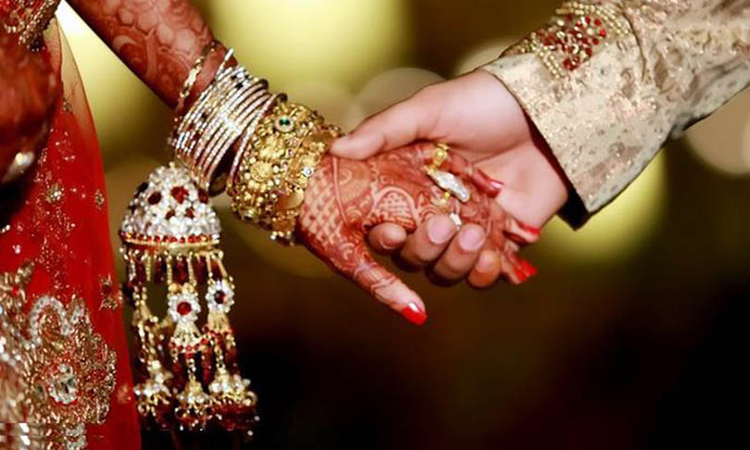'Factum Of Cohabitation & Marriage Can't Be Proved With A Single Photograph Together': Madras High Court
Sebin James
10 March 2022 5:10 PM IST

Next Story
10 March 2022 5:10 PM IST
While dismissing an appeal suit filed by a woman claiming 1/7th share for herself and her son in the ancestral property of her deceased husband's family, Madras High Court has underscored that the factum of marriage cannot be inferred from a single photograph where both are seen together.The single-judge bench of Justice G. Jayachandran added that though the courts should generally 'lean...
